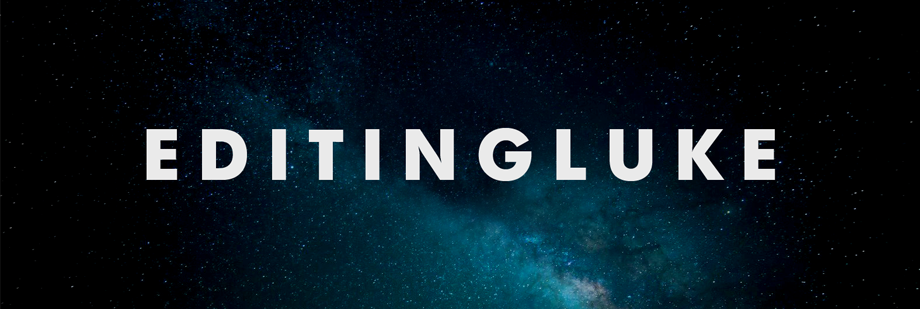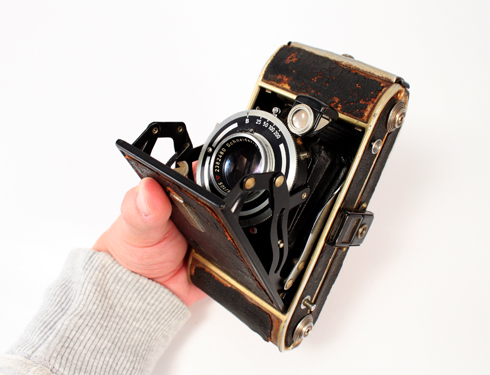 Last night I was back shooting at Medalta Potteries. Unlike my past work however, I was actually doing a follow up shoot for a project by Salazar Films out of Vancouver, British Columbia. Aaron Nelson, the Artistic Director at Medalta, was responsible for putting me in touch with Salazar when they were looking for a local filmmaker to assist in their project after they'd finished their primary shoot in Medicine Hat. Anyway, long story short, it turned out to be a good connection.
Last night I was back shooting at Medalta Potteries. Unlike my past work however, I was actually doing a follow up shoot for a project by Salazar Films out of Vancouver, British Columbia. Aaron Nelson, the Artistic Director at Medalta, was responsible for putting me in touch with Salazar when they were looking for a local filmmaker to assist in their project after they'd finished their primary shoot in Medicine Hat. Anyway, long story short, it turned out to be a good connection. The exhibit, Flood by the students of Elm Street School, opened last night and was a showcase of artwork on clay tiles depicting student's memories surrounding the devastating flood that hit Medicine Hat last year. It was cool to interview a few of the kids and see them get excited about their work on display. I also put my big HDV Sony away, and took the opportunity to shoot with one of my DSLR's for a change - this is something that I'll probably be doing a lot more of moving forward.
The exhibit, Flood by the students of Elm Street School, opened last night and was a showcase of artwork on clay tiles depicting student's memories surrounding the devastating flood that hit Medicine Hat last year. It was cool to interview a few of the kids and see them get excited about their work on display. I also put my big HDV Sony away, and took the opportunity to shoot with one of my DSLR's for a change - this is something that I'll probably be doing a lot more of moving forward. Stay tuned and I'll be sure to follow up when Salazar releases their finished film. In the meantime, here are a few of the snapshots I took between setups.

















































